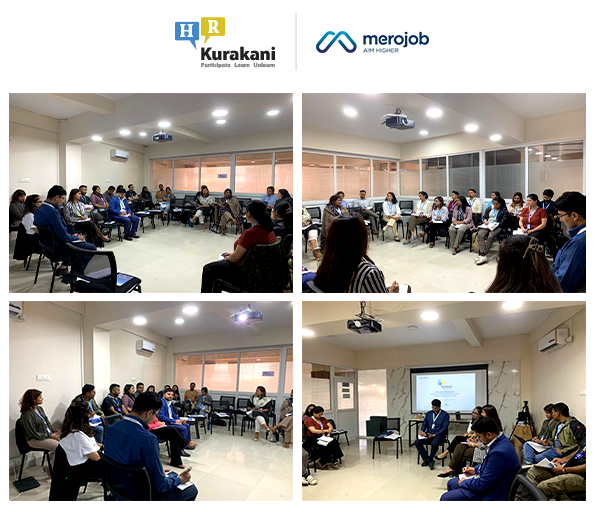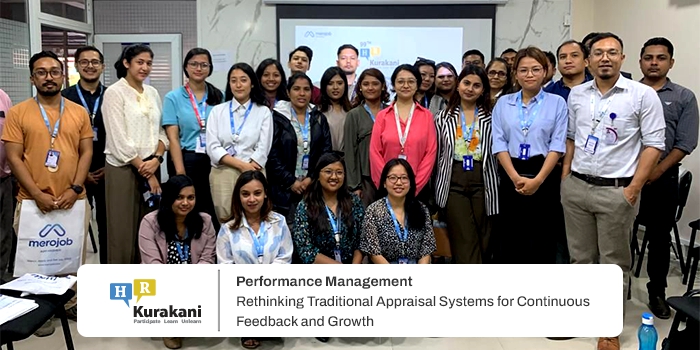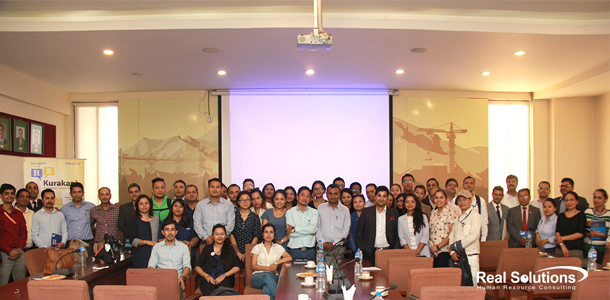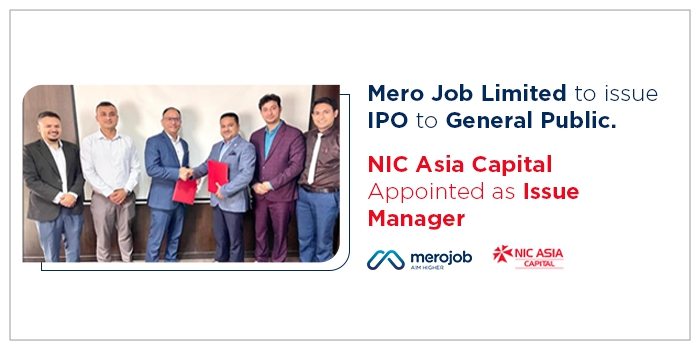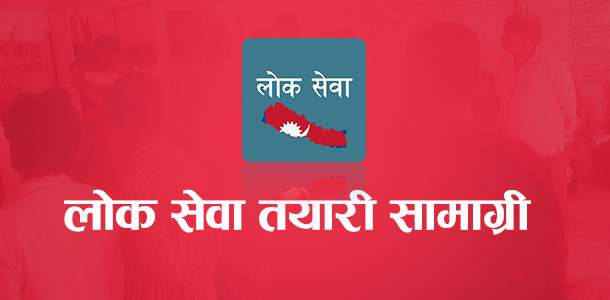HR Kurakani, organized by merojob, is a dynamic platform for HR Professionals to discuss specific topics within Human Resource Management, with a focused objective of enhancing and advancing HR practices in Nepal.
The 99th HR Kurakani, held on 1st June 2023, focused on "Performance Management: Rethinking Traditional Appraisal Systems for Continuous Feedback and Growth."
The objective of the session was to offer valuable insights and strategies to HR professionals, enabling them to enhance the effectiveness of the appraisal process. The event took place at the premises of HLE Nepal and was attended by over 31 HR professionals from diverse organizations in Nepal.
The session was expertly moderated by Mr. Sameer Ghorsane, who facilitated discussions and encouraged participants to share their experiences and perspectives. Ms. Jyotika Bhatt graciously hosted the event, providing a welcoming environment for meaningful conversations.
Throughout the session, HR professionals exchanged valuable insights and practical approaches to address the challenge of traditional appraisal systems and the necessary steps that need to be addressed for employees' continuous feedback and growth.
Challenges with Traditional Appraisal Systems
Traditional appraisal systems, although widely used in organizations, have lots of limitations. Some of the current challenges with traditional appraisal systems include:
Infrequent feedback:
Traditional appraisal systems typically involve annual or semi-annual performance reviews, which means that employees do not receive on-time real-time feedback. This delay in feedback can hinder their ability to improve and make timely adjustments to their performance.
Lack of alignment with organizational objectives:
In certain instances, the appraisal systems may not effectively align employee goals with organizational objectives, leading to employee demotivation. The major reason contributing to this demotivation is the misalignment between employees' expectations and their actual performance, which often leaves them feeling undervalued in the workplace.
Bias and Subjectivity:
Traditional appraisal systems often rely on subjective assessments by managers, which can lead to unfairness, inconsistencies and inaccuracies in assessing employee performance. Different managers may have different standards and interpretations of performance, leading to unfair evaluations. Also, people tend to evaluate employees based on personal factors rather than solely assessing their performance.
Insufficient focus on development:
Traditional appraisal systems primarily focus on evaluating performance rather than fostering employee development. This can hinder opportunities for growth, skill enhancement, and career progression, as the emphasis is primarily on rating employees rather than supporting their professional advancement.
Inflexibility and rigidity:
Traditional appraisal systems often follow rigid structures and predefined rating scales, leaving little room for customization based on unique job roles and individual circumstances. This lack of flexibility can limit the effectiveness of the appraisal process and hinder its ability to accurately reflect employee performance.
Shifting to Continuous Feedback and Growth
To overcome the challenges of traditional appraisal systems, organizations are exploring alternative approaches like
360 Survey
Satisfaction Survey
360 Degree Survey
A 360 survey, also known as 360-degree feedback, is a process that obtains feedback on an employee’s performance from several different sources: peers, managers and self-assessment.
The goal of this survey is to assist employees understand their strengths and skills and help them identify areas of improvement.
Most organizations typically conduct top-to-bottom surveys, but a 360-degree survey ensures that all employees from all levels are assessed, enabling higher-level executives to gain valuable insights into the challenges faced by junior employees.
Satisfaction Survey
The satisfaction survey gather insights into employees' needs and expectations, and take corrective actions to enhance the overall effectiveness of performance management practices.
These approaches address the limitations of traditional appraisal systems and create a more transparent, fair, and developmental performance evaluation process
Key Components of a Modern Performance Management System
A modern performance management system typically includes several key components designed to align organizational goals, monitor employee performance, provide feedback and coaching, and support employee development.
Here are the key components of a modern performance management system discussed at HR Kurakani:
Goal Setting:
Clearly defined and measurable goals are established at the beginning of the performance cycle. These goals should be specific, attainable, relevant, and time-bound (SMART goals). Aligning individual goals with organizational objectives ensures that employees are working towards the same overall purpose.
Training and development:
Capacity assessments are conducted to identify areas where employees may be lacking and to determine appropriate solutions for improvement. The HR department prioritizes the most urgent training needs by analyzing frequently requested training topics and encouraging employees to provide specific details for better accuracy.
Mr. Ghorsane emphasized that the trainings can be conveniently delivered through the Learning Management System (LMS), catering to both the technical and overall development needs of the employees.
Employee Engagement:
In today’s time employee satisfaction is of utmost importance. Employee engagement is to create a delightful work environment that promotes happiness. The goal is to foster a strong sense of belonging and build trust by providing opportunities for individuals to showcase their unique talents.
Appraisal:
Appraisal, in simple terms, refers to the assessment of employees' performance, recognizing their contributions, and ensuring that they feel acknowledged by the management for their work.
Pay promotions following the appraisal process are determined based on a combination of qualitative factors such as leadership and discipline, as well as quantitative measures such as Key Performance Indicators (KPIs) and Objectives and Key Results (OKRs).
Taking the session further, Mr. Thakuri added during the recruitment process, employees are provided information about the appraisal system, and while experienced employees are generally familiar and comfortable with it, freshers often struggle to grasp this concept.
Conclusion
Addressing the issue of retaining employees, participants in the Kurakani shared that employee retention in this competitive market requires a focus on exposure, happiness, engagement, and job satisfaction. People often seek job opportunities in foreign lands, even though youths can easily find jobs in Nepal, to gain the experience that we currently lack in providing. Therefore, we must prioritize career growth and mental well-being holistically.
Additionally, when employees are aware of their co-workers' progress and accomplishments, it fosters a sense of competitiveness and allows for peer comparison. This healthy competition can further motivate individuals and contribute to improved performance.
Overall, the 99th HR Kurakani provided a valuable platform for HR professionals to share experiences, best practices, and innovative ideas for better performance management. By collaboratively addressing these challenges, the session aimed to enhance organizational effectiveness and promote professional growth within the HR community in Nepal.
Here are some glimpses from the event.
